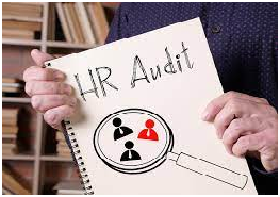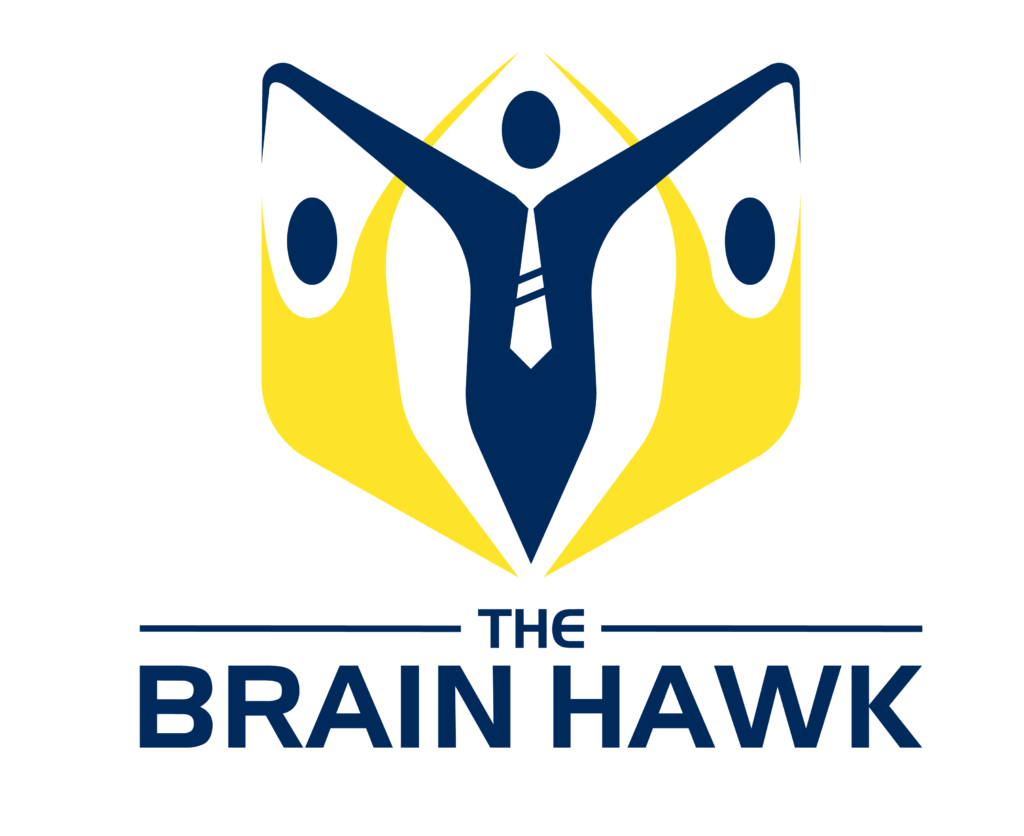HR Audits
Prevention is better than cure..
A HR audit offers your company a number of advantages. Let’s use the analogy of a “health check-up” (also known as an annual check) to make things clear. Instead than only reacting to a problem when it happens, it’s a proactive way to make goals or manage your health. An HR audit is quite similar to your company in that it is one method you may be proactive in defending your company.
An HR audit sheds light on your company’s operations and identifies any areas that require improvement. It can help you avoid the snowball effect of ignoring a problem that could worsen and cost you more money if you don’t address it. A “prescription” is then supplied to remedy any potential diseases after businesses receive a diagnosis of their business health. Long-term financial savings are possible with this strategy.


Who should do your HR Audit?
Your organisation may already have an internal HR team that handles your day-to-day HR responsibilities. Keep in mind how your employees will react if you inform them that a complete HR audit, as well as one-on-one interviews, would be conducted. Giving honest answers may be challenging, which may damage the audit. An external service provider’s HR audit is a neutral approach that is less intrusive. Using an outside HR consultant to conduct the audit can provide a neutral assessment, allowing the spotlight to shine on all of your problem areas with less hesitancy from your employees.
Another advantage of hiring an outsourced HR consultant is that, as professionals, they can provide pertinent ideas on how to overcome those issue spots. If you want to go beyond that, you can take your company to the next level and become a leader in your sector.
What kind of assessments does an HR audit do?
Record’s Audit
- Employee files
Are your employee files in a locked and secure location, and digital personnel files encrypted and secure?
- Payroll records
Do you maintain detailed payroll records and who has access to them?
- Records Retention
How long are you storing employee records and are you adhering to the rules for records retention?


HR Functions Audit
- Recruitment and hiring
Do you maintain records of recruitment efforts, from advertisements to interviews and hiring practices? Do you meet Affirmative Action requirements?
- Onboarding practices
How new employees are onboarded matters. What kind of structure does your onboarding program have? Do you get feedback from your new hires?
- Compensation and salary
Make sure your compensation and salary is competitive, and ensure different groups of employees are paid the same wages for equivalent jobs. Also determine if you are classifying employees correctly as salaried/hourly, full-time employees, part-time workers, or independent contractors.
- Performance and training
How do you conduct performance evaluations and what kind of training support is offered?
Legal Compliance Audit
-
Industrial Relations
The Industrial Disputes Act, 1947
Women Benefits
- Equal Remuneration act, 1976
- Maternity Benefit Act, 1961
Social security
- The Payment of Gratuity Act, 1972
- The Employees’ Compensation (Amendment) Act, 1923
- The Employees’ Provident Fund & Miscellaneous Provisions (Amendment) Act, 1952
Company registration for Provident Fund
- The Employees’ State Insurance – ESI Act, 1948
- Company registration for ESIC (Employees’ State Insurance Corporation)
Wages
- The Payment of Wages (Amendment) Act, 2017 (No.1 of 2017)
- The Payment of Bonus Act (Amendment), 2007
- Minimum Wages Act, 1948
Is the organization adhering to minimum wages?
- Minimum Wages Act
- Payment of the Gratuity Act
Including gratuity in employee CTC (Cost to Company
Policies Audit
- Progressive discipline
Is your disciplinary process clear, consistent, and in writing?
- Termination policy
Is your termination policy in line with state at-will employment laws?
- PTO policy
Do you offer paid time off to all your eligible workers?
